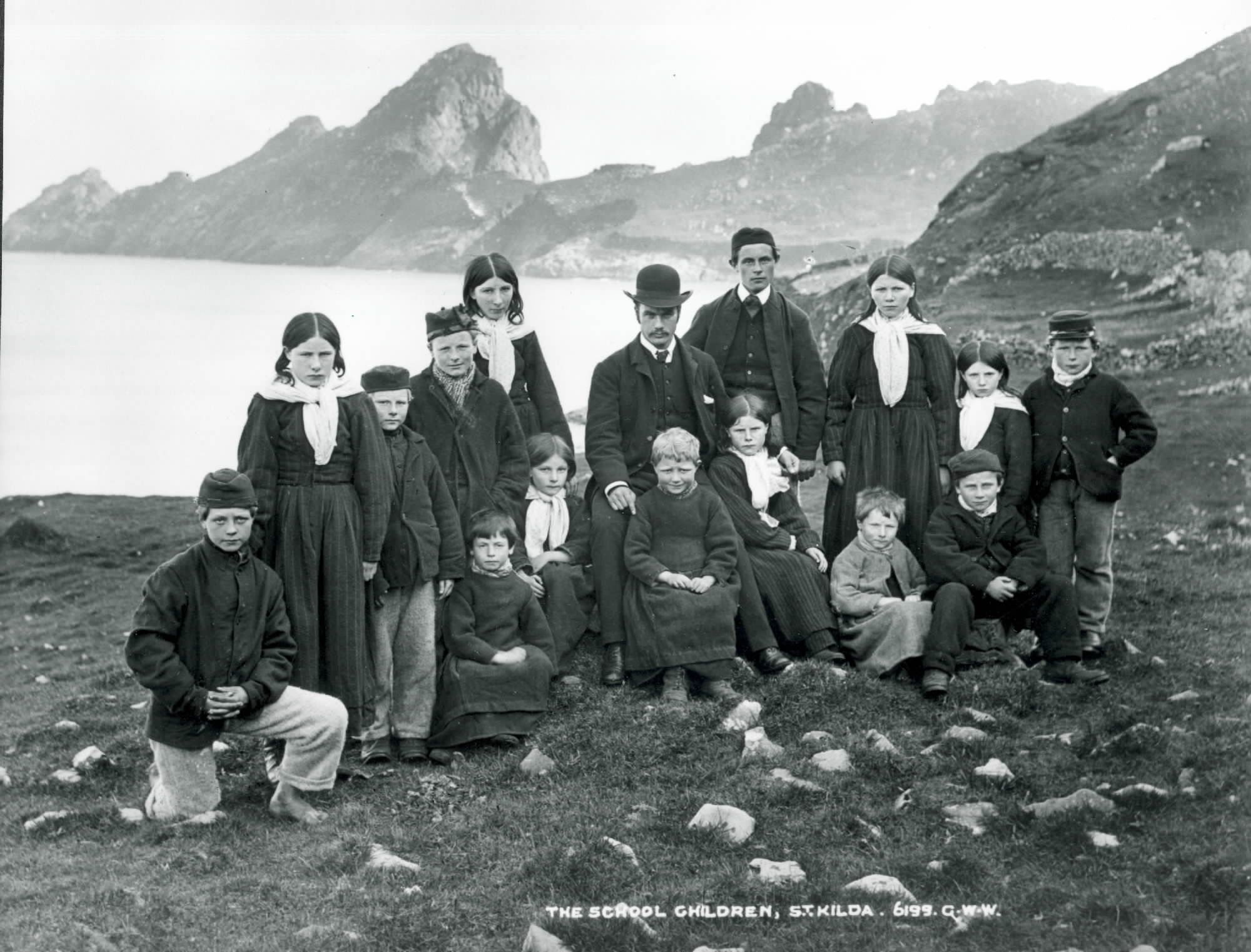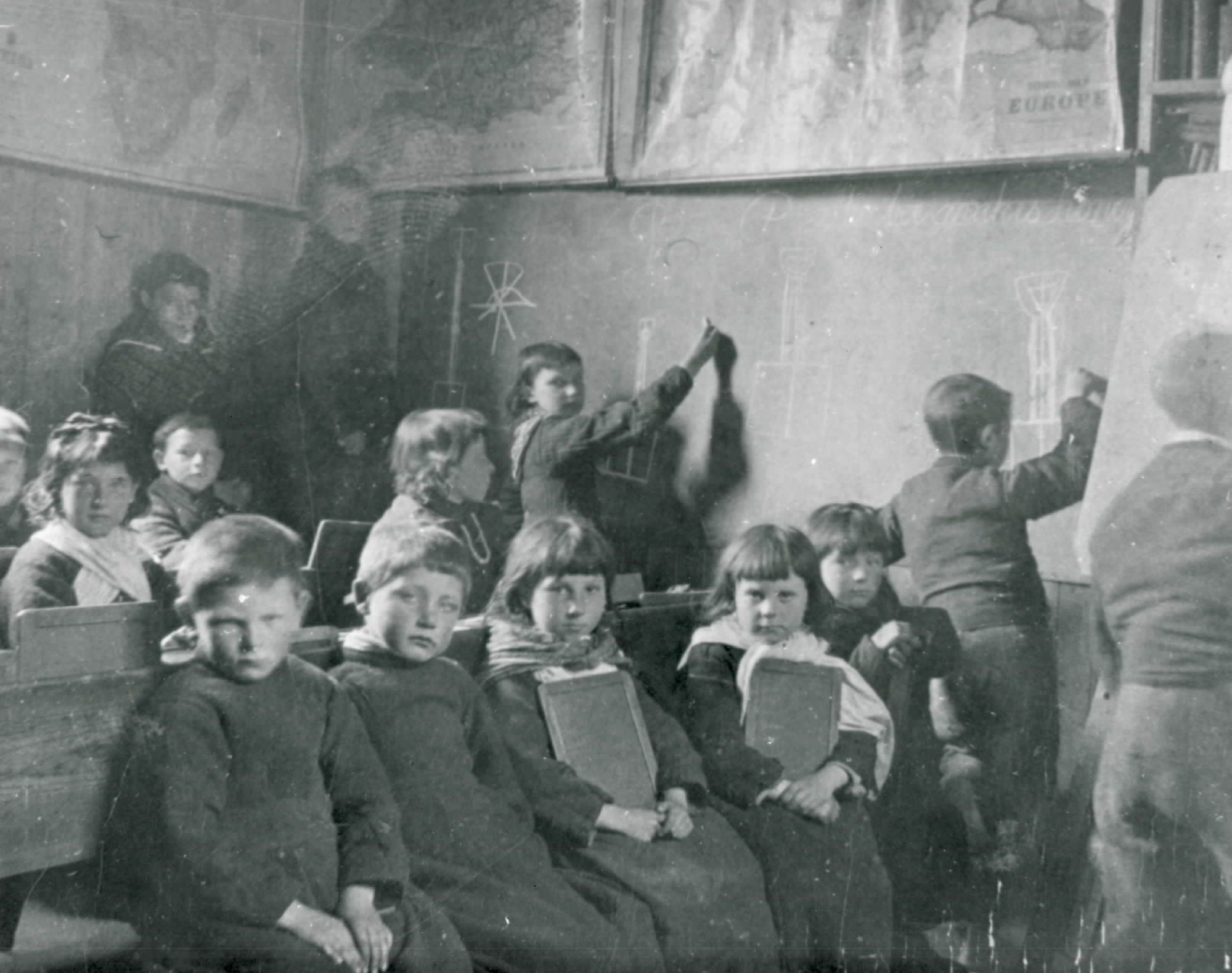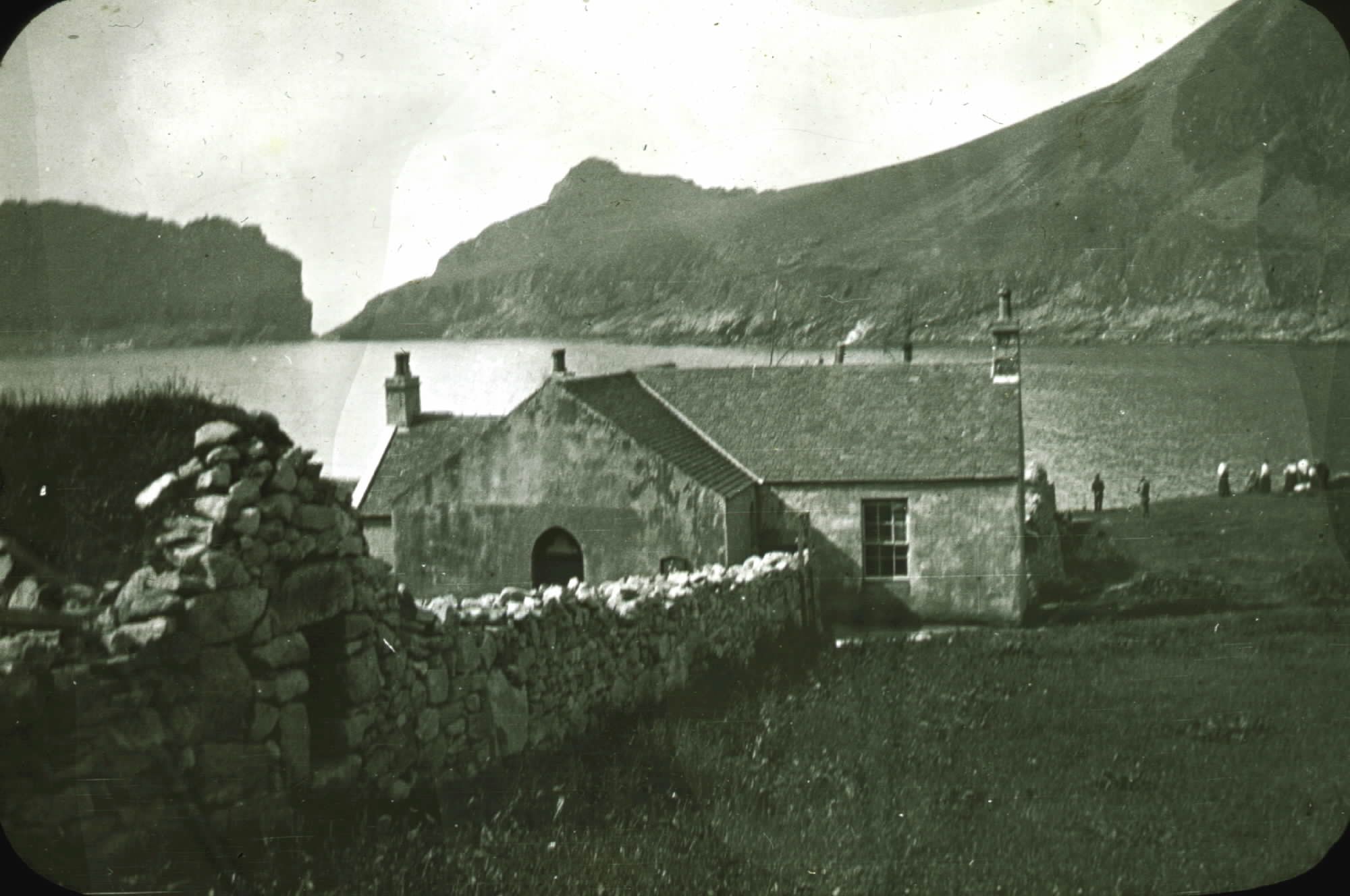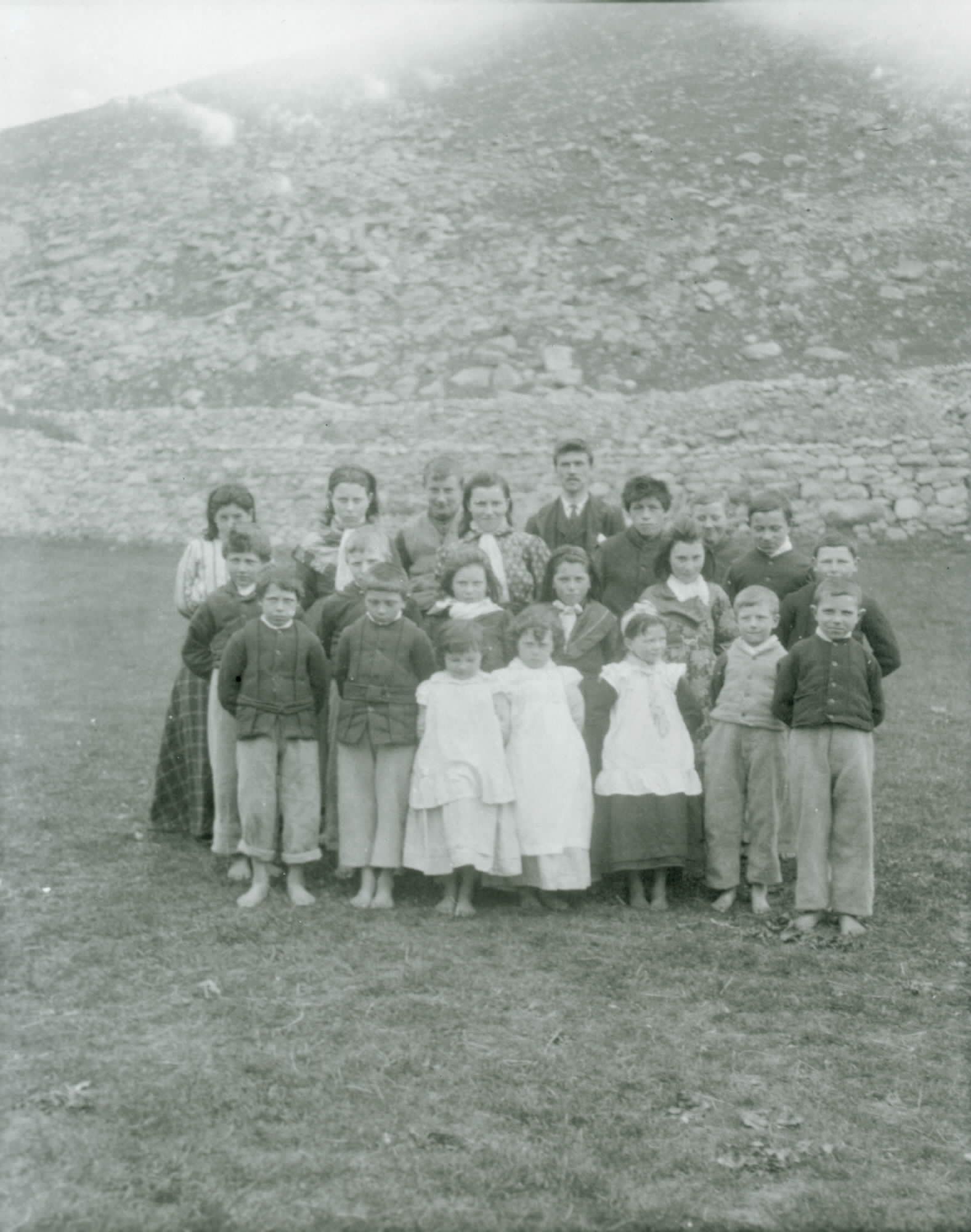A missionary called Alexander Buchan came to St Kilda in 1705, but despite his long stay, the idea of organised religion did not take hold. This changed when Rev. John MacDonald, the "Apostle of the North", arrived in 1822. He set about his mission with zeal, preaching 13 lengthy sermons during his first 11 days. He returned regularly and raised funds on behalf of the St Kildan’s, although privately he was appalled by their lack of religious knowledge. The islanders took to him with enthusiasm and wept when he left for the last time eight years later. His successor, who arrived on 3 July 1830, was Rev. Neil Mackenzie, a resident Church of Scotland minister who greatly improved the conditions of the inhabitants. He reorganised island agriculture, was instrumental in the upgrading of the inhabitants living conditions, and supervised the building of a new church and manse. With help from the Gaelic School Society, MacKenzie and his wife introduced formal education to Hirta, beginning a daily school to teach reading, writing and arithmetic and a Sunday school for religious education.
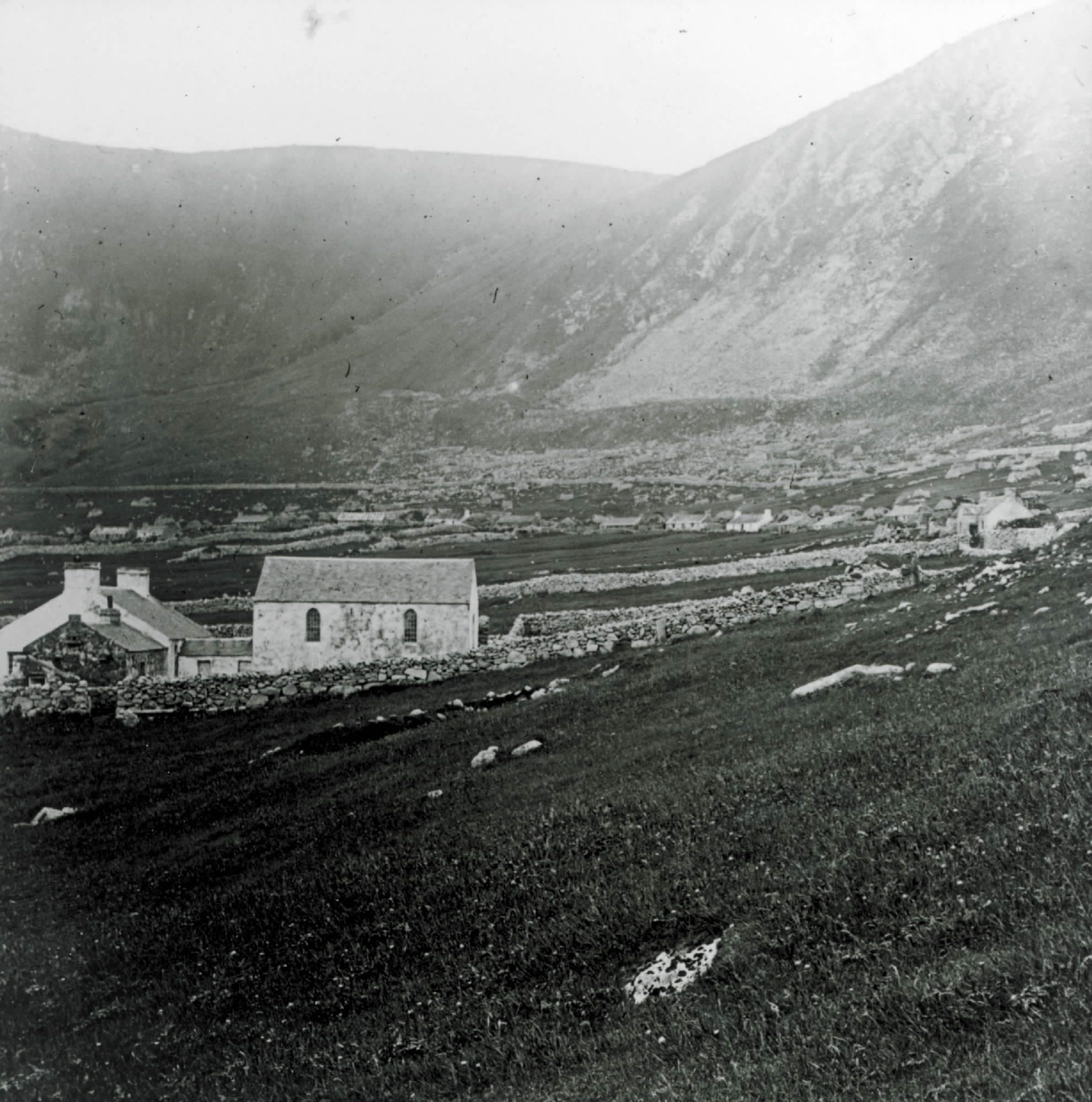
Mackenzie left in 1844, and although he had achieved a great deal, the weakness of the St Kildans' dependence on external authority was exposed in 1865 with the arrival of Rev. John Mackay. Despite their fondness for Mackenzie, who stayed in the Church of Scotland, the St Kildans "came out" in favour of the new Free Church during the Disruption. Mackay, the new Free Church minister, placed an uncommon emphasis on religious observance. He introduced a routine of three two-to-three-hour services on Sunday at which attendance was effectively compulsory.
One visitor noted in 1875 that: "The Sabbath was a day of intolerable gloom. At the clink of the bell the whole flock hurry to Church with sorrowful looks and eyes bent upon the ground. It is considered sinful to look to the right or to the left." John Sands quoted in Maclean 1977.
Time spent in religious gatherings interfered seriously with the practical routines of the island. Old ladies and children who made noise in church were lectured at length and warned of dire punishments in the afterworld. During a period of food shortages on the island, a relief vessel arrived on a Saturday, but the minister said that the islanders had to spend the day preparing for church on the Sabbath, and it was Monday before supplies were landed. Children were forbidden to play games and required to carry a Bible wherever they went. The St Kildans endured Rev MacKay for 24 years.
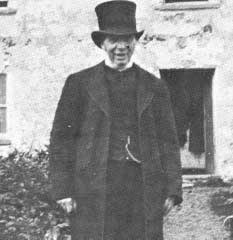
Rev John MacKay - preacher to the St Kildans 1865-89.
